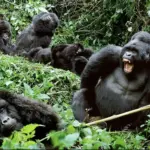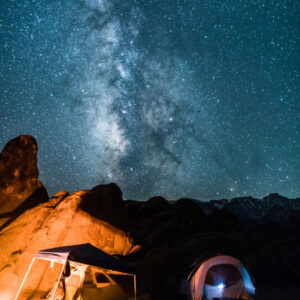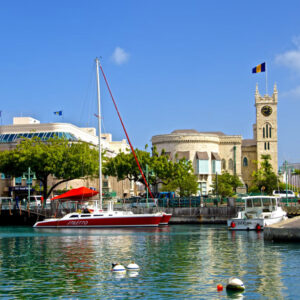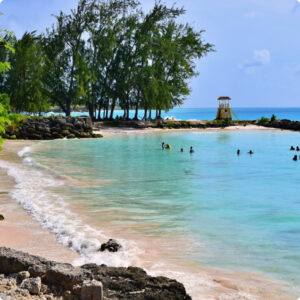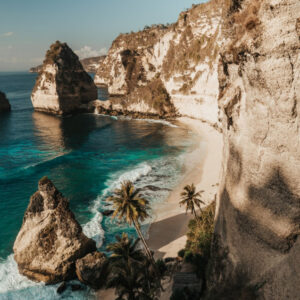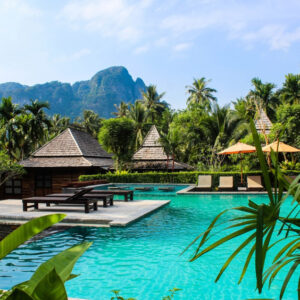Embarking on an African wild safari trip is an experience that transcends the ordinary. It is a journey into the heart of nature, where the raw beauty of the wilderness unfolds before your eyes. From the vast savannas to the dense forests, every moment is filled with awe and discovery. This adventure offers more than just sightseeing; it is an immersion into a world where wildlife roams freely and ancient landscapes tell stories of survival and harmony.
Exploring the Thrill of a Wild Safari Trip
A wild safari trip is not just about spotting animals; it is about connecting with the environment in a profound way. Imagine waking up to the sounds of birds chirping and the distant roar of a lion. The thrill of tracking elephants, giraffes, and zebras in their natural habitat is unmatched. Safari guides, often experts in local wildlife, provide fascinating insights that enrich the experience.
To make the most of your trip, consider these tips:
- Choose the right season: Dry seasons usually offer better wildlife viewing as animals gather around water sources.
- Pack smart: Lightweight, neutral-colored clothing, binoculars, and a good camera are essentials.
- Respect the environment: Keep a safe distance from animals and follow the guide’s instructions.
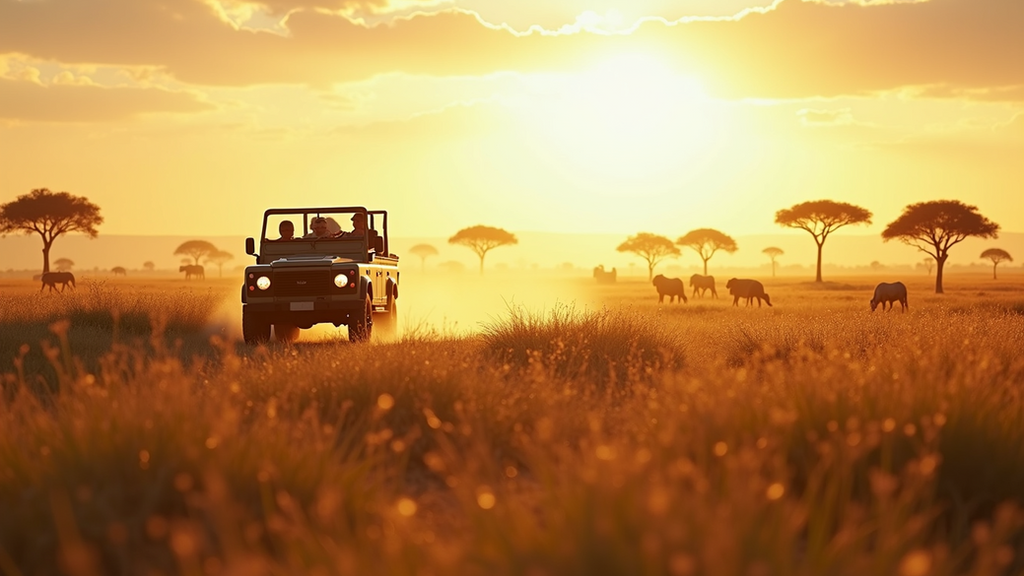
Planning Your Wild Safari Trip: What to Expect
Planning a wild safari trip involves several key decisions that can shape your experience. Selecting the destination is crucial, as different regions offer unique wildlife and landscapes. Popular safari destinations include the Serengeti in Tanzania, Maasai Mara in Kenya, and Kruger National Park in South Africa.
Accommodation options range from luxury lodges to rustic campsites, catering to various budgets and preferences. Many lodges offer guided game drives, walking safaris, and cultural visits to nearby communities.
When planning your itinerary, consider:
- Duration: A typical safari lasts between 3 to 7 days, allowing ample time to explore.
- Activities: Game drives, hot air balloon rides, and night safaris add variety.
- Health precautions: Vaccinations and malaria prophylaxis may be necessary.

What is the Average Cost of an African Safari Trip?
Understanding the cost of an African safari trip helps in budgeting and planning. Prices vary widely depending on the destination, accommodation, and activities chosen. On average, a mid-range safari can cost between $250 to $600 per person per day. This typically includes accommodation, meals, game drives, and park fees.
Luxury safaris with exclusive lodges and private guides can exceed $1,000 per day. Budget options, such as group tours and camping safaris, may be available for under $200 per day.
To manage costs effectively:
- Book well in advance to secure better rates.
- Travel during shoulder seasons for discounts.
- Consider package deals that bundle flights, accommodation, and tours.
The Unique Wildlife Encounters on an African Safari
One of the most compelling reasons to embark on a safari is the opportunity to witness Africa’s incredible wildlife up close. From the iconic Big Five – lions, elephants, buffalo, leopards, and rhinoceroses – to lesser-known species like wild dogs and cheetahs, the diversity is staggering.
Each animal encounter offers a story:
- Lions: Observe pride dynamics and hunting strategies.
- Elephants: Watch herds interact and care for their young.
- Birdlife: Spot colorful species like lilac-breasted rollers and fish eagles.
Guided safaris often include expert trackers who can spot elusive animals and explain their behavior, making the experience educational and thrilling.
Embracing the Cultural Richness Alongside Nature
A wild safari trip is also an opportunity to engage with the rich cultures of Africa. Many safari tours include visits to local villages where you can learn about traditional lifestyles, crafts, and customs. These interactions foster a deeper appreciation of the land and its people.
Consider participating in:
- Cultural dances and ceremonies
- Handicraft workshops
- Community-led conservation projects
These experiences add a meaningful dimension to your journey, connecting you to the human stories intertwined with the natural world.
For those seeking a truly immersive experience, an african safari adventure offers expertly curated trips that balance wildlife exploration with cultural discovery.
Preparing for Your African Wild Safari Trip: Practical Tips
To ensure your safari is safe and enjoyable, preparation is key. Here are some practical recommendations:
- Health and safety: Consult a travel doctor for vaccinations and health advice.
- Travel insurance: Choose a policy that covers medical emergencies and trip cancellations.
- Packing essentials: Include sunscreen, insect repellent, a hat, and sturdy walking shoes.
- Photography gear: Bring extra batteries and memory cards to capture every moment.
Being well-prepared allows you to focus on the adventure and create lasting memories.
The Lasting Impact of an African Safari Experience
A wild safari trip leaves a lasting impression that goes beyond the photographs and souvenirs. It changes perspectives, deepens respect for nature, and inspires conservation efforts. Many travelers return home with a renewed commitment to protecting wildlife and supporting sustainable tourism.
Whether it is the thrill of spotting a leopard in the tall grass or the quiet moments watching a sunset over the plains, the experience stays with you forever. It is a journey that enriches the soul and broadens horizons.
Embarking on an African wild safari trip is truly more than a journey – it is a life-changing adventure that connects you to the heartbeat of the natural world.



